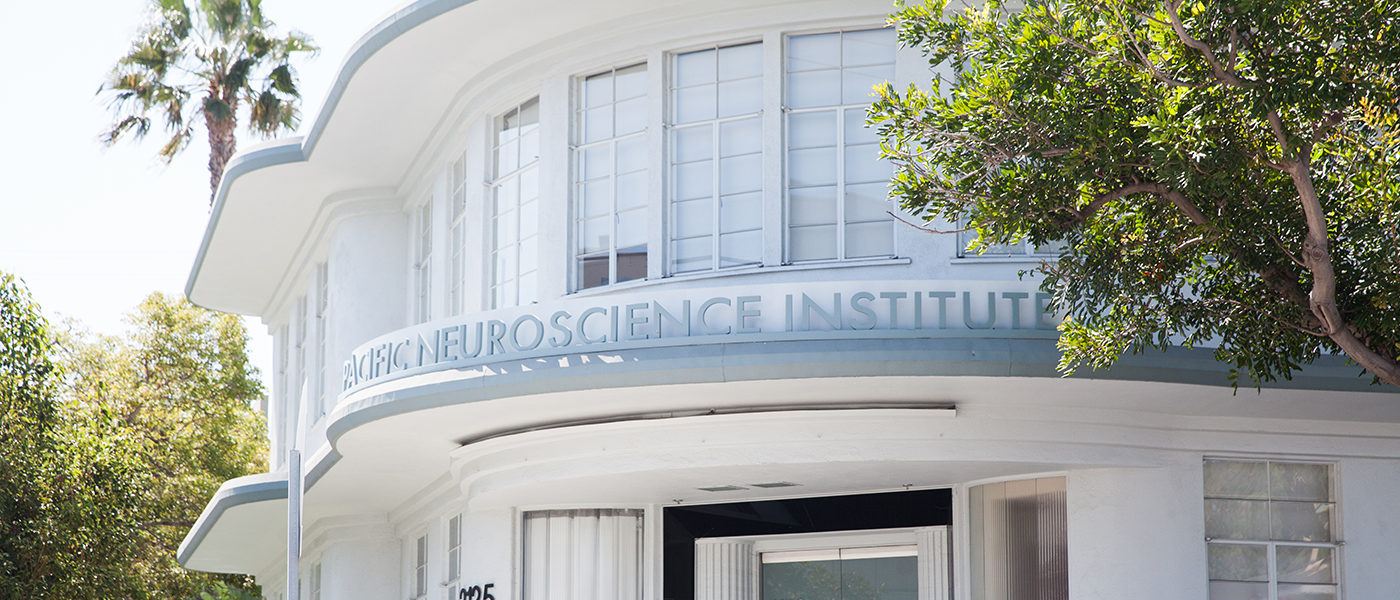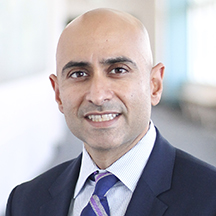
Congenital Facial Paralysis
What is congenital facial paralysis?
Congenital facial paralysis is defined as occurring before or at the time of birth. This may be from genetic, environmental or traumatic causes. Birth trauma can result from compression molding while going through the birth canal or forceps use.
How do you diagnose congenital facial paralysis?
Gestation and birth history as well as physical exam are extremely important for the diagnosis of congenital facial paralysis. Electrophysiologic testing should be performed in the first 3 days of life.
What are the symptoms of congenital facial paralysis?
Congenital facial paralysis most commonly presents as weakness on one side in the lower lip. Mobius syndrome is a condition that effects both nerves and muscles and may cause congenital bilateral or unilateral palsies of the face. This may also involve cranial nerves that effect eye muscle movement and other multisystem abnormalities.
Children with congenital facial paralysis may have health issues related to other organ systems including the heart, lungs, GI system and kidneys. If a child has congenital facial paralysis it is best to be evaluated by experts in both pediatrics and facial nerve disorders.
Congenital facial paralysis treatment
Congenital facial paralysis is best treated when children are older because improved outcomes require muscle transfers and fascial slings. In contrast with older adults, children have better skin turgor and therefore rarely need protective ophthalmic care as eye closure is usually achievable despite the facial nerve palsy.
Recovery of congenital facial paralysis is often good, and nerve regeneration occurs spontaneously with surgical intervention that is not usually required.
In rare cases of Mobius syndrome, children will require facial reanimation with gracilis free muscle transfer.
Congenital facial paralysis doctor and specialist
Facial Nerve Disorders Program Director and Otolaryngologist, Dr. Amit Kochhar, has over ten years of experience managing patients with facial paralysis. He treats and is accepting new patients from all over California, Arizona, Nevada, Oregon and Washington.
Meet Dr. Kochhar

In-Person or Virtual Video Visit
Our specialists have consultation openings for new patients.
